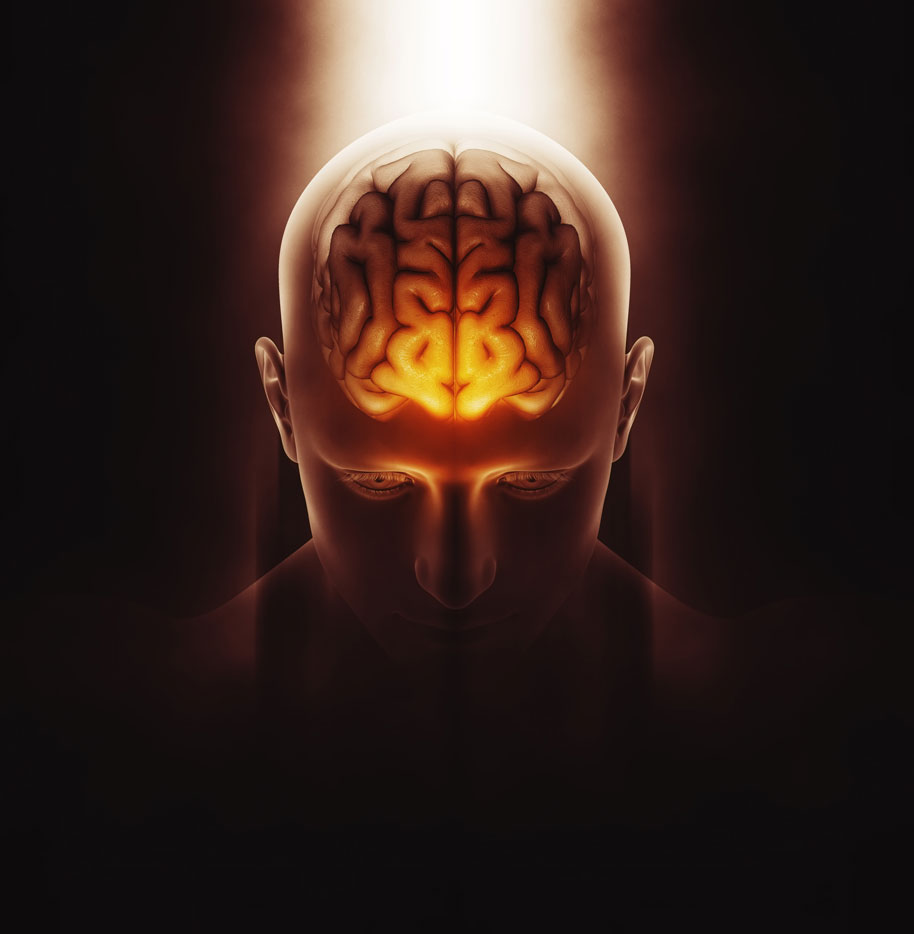WHAT IS A BRAIN TRAUMA?
Brain Trauma is a damage which occurs suddenly to the brain and mostly caused by a blow with an outside force to the head. Brain Trauma injury occurs when one meets with any kind of severe injury such as sports injury or car accidents.
Brain Trauma is one of the forms of brain injury, that usually occurs to a person when a sudden trauma causes damage to the brain. Its symptoms may include confusion, do not have clear vision and concentration problems.

BRAIN TRAUMA SYMPTOMS: –
Symptoms vary as it depends on the severity of the brain damage. The symptoms include:
- Vomiting
- Lethargy
- Headache
- Confusion
- Paralysis
- Coma
- Loss of recognition
- Dilated pupils
- Vision changes (blurred imaginative and prescient or seeing double, unable to tolerate bright mild, loss of eye motion, blindness)
- Cerebrospinal fluid (CSF) (clear or blood-tinged) appear from the ears or nose
- Healthy Lungs
- Dizziness and stability issues
- Breathing troubles
- Slow pulse
- Slow respiratory rate with an increase in blood stress
- Ringing within the ears or modifications in listening to
- Cognitive difficulties
- Inappropriate emotional responses
- Speech difficulties (slurred speech, inability to understand and/or articulate words)
- Difficulty swallowing
- Body numbness or tingling
- Droopy eyelid or facial weak point
- Loss of bowel manipulate or bladder manage
DANGER SYMPTOMS IN ADULTS:-
There can be a possibility that a dangerous blood clot can occur inside the brain towards the skull and develop gradually.
Those Dangerous symptoms in adults are as follows:-
- Have a headache that can be worsened and does not vanished easily
- weakness problem, numbness, coordination issue, convulsions, or seizures
- Vomiting frequently
- Have slurred speech
- Difficult to acknowledge persons or places, get demented, stressed, or agitated
- Lose cognizance or can’t wake up
TYPES OF BRAIN TRAUMA INJURIES:-
TBIs can cause “mass lesions,” w an area of localized damage which include hematomas and contusions that increase stress within the brain.
Types of Brain Trauma Injuries are explained below:
- Hematoma: A hematoma is a blood clot inside the brain or on the surface. It occurs suddenly inside the brain. An epidural hematoma is a set of blood among the dura mater and the skull. A subdural hematoma is a collection of blood among the dura mater and the arachnoid layer, which comes directly towards the brain.
- Contusion: A cerebral contusion is bruising that too of brain tissue. When tested beneath a microscope, cerebral contusions are comparable to bruises in different components of the frame. They encompass regions of injured or swollen brain that too with blood and have leaked from arteries, veins, or capillaries. Most importantly, contusions are at the base of the front parts of the brain, but might happen anytime.
- Intracerebral Hemorrhage: An intracerebral hemorrhage (ICH) is states as a bleeding inside the brain tissue, may be associated with other brain injuries, specially contusions. The length and location of the hemorrhage helps determine whether it is able to be eliminated surgically.
- Subarachnoid Hemorrhage: Subarachnoid hemorrhage (SAH) is as a result of bleeding into the subarachnoid area. It occurs as diffuse blood unfolds thinly over the surface and usually after Brain Trauma. Mostly, Subarachnoid hemorrhage is related to brain trauma. Hydrocephalus may result from excessive trauma.
- Diffuse Injuries: Brain Trauma can produce microscopic changes that don’t appear on CT scans and are scattered at some point of the brain. This class of injuries, known as diffuse brain damage, may also arise without or with a related mass lesion.
- Diffuse Axonal Injury: Axonal damage describes as an impaired characteristic of axons. These long extensions of nerve cells enable to have a communication and If enough axons are damage on this way, then potential of nerve cells reduce its ability in integrating their function and can be lost or can leave a patient with intense disabilities.
- Ischemia: Another kind of diffuse damage is ischemia or inadequate blood supply to certain components of the brain. If there is a reduction in blood supply to very low levels may also increase a wide variety of Brain Trauma Injury patients who are suffering from this. That’s why it is important to undergo a traumatic injury in this type. Changes in blood strain initially after brain injury also can have a detrimental effect.
- Skull Fractures: Linear skull fractures or simple breaks or “cracks ” within the cranium can also accompany TBIs. There are forces which are enough to motivate a skull fracture and can also damage the brain. Skull fractures may be alarming, if located on an affected person while evaluating. Fractures at the bottom of the skull are mostly complicated as they can damage the nerves, arteries, or other structures. If the fracture extends into the sinuses, a leakage of cerebrospinal fluid (CSF) from the nose or ears can also arise.

CAUSES OF TRAUMATIC BRAIN INJURY INCLUDE:
- Car accidents
- Blows to the head
- Sports injuries
- Falls or accidents
- Physical violence
- Falls
- Assaults
- Child abuse
- Sports or recreation injuries
- Gunshot wounds
TREATMENT FOR TRAUMATIC BRAIN INJURY:-
While treating a Brain Traumatic patient, a neurologist suggests to undergo a neurological examination. Then a doctor will ask certain types of questions to the patient on the damage and signs. They will also state that a test is required to check a patient’s physical and mental reflexes.
The examination helps a doctor determine how intense your brain injury is and then also do tests of other things which are required, such as an X-ray, computerized tomography (CT) scan, or magnetic resonance imaging (MRI). This kind of test will display the pictures of a brain and also captures if there may be a skull fracture or bleeding, bruising, or blood clots on your brain.
Traumatic brain injury can be considered as an emergency situation. Treatment relies upon the kind, place, and severity of the injury. If you have got a mild injury, treatment will consist in particular of rest. You also can take medicine which also can help to reduce the pain or relieve headaches. You should be watched closely at home for any new or worsening signs and symptoms. You might need to visit the doctor for a regular checkup.
If you’ve got mild or intense damage to your brain then your doctor will commence by stabilizing your damage. This includes providing an oxygen to your brain, retaining the blood flow, and managing blood strain. These precautions help save a Brain Traumatic patient. Also once should also intake medicines as prescribed by a doctor. Sometimes, in some cases, a surgery is needed.
A surgeon can restore a skull fracture, stop bleeding in the brain, dispose of blood clots, or relieve pressure within the skull. As it has been observed that the blood clots take time to form, and surgical treatment has to be undergone in a few days after the injury. Many individuals with moderate to intense TBI require a rehabilitation.
It commonly includes many doctors who provide rehabilitation to the patients. The main aim of any rehabilitation or a therapy is to improve a patient’s capacity to perform daily activities.
If you or anyone you know is suffering from traumatic brain injury or brain problems, our expert providers at Specialty Care Clinics will take care of your health and help you recover.
Call on 469-545-9983 or fill in the below form to book an appointment with Dr. David Masel.
